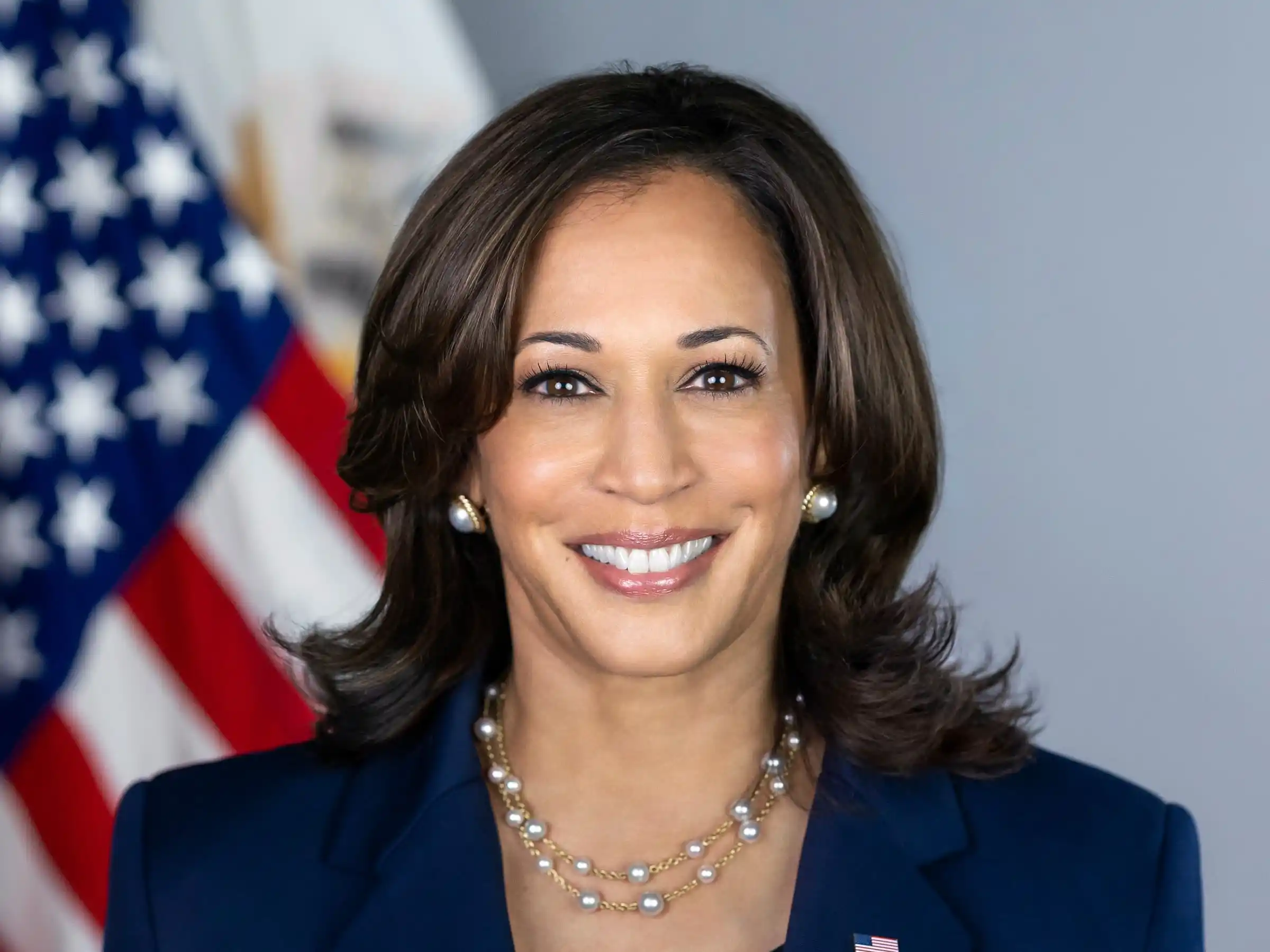Early Life and Education of Kamala Harris
Kamala Devi Harris was born on October 20, 1964, in Oakland, California. The daughter of immigrant parents from Jamaica and India, Harris was raised in a household that valued education and civil rights strongly. Her mother, Shyamala Gopalan, was a breast cancer scientist who had come to the United States to pursue her doctoral studies at the University of California, Berkeley. Her father, Donald Harris, was an economics professor at Stanford University. Growing up in this intellectually stimulating environment significantly molded Harris’s early perspectives and interests.
Harris’s early education played a crucial role in shaping her career and values. She attended Westmount High School in Quebec, where she first became exposed to a diverse range of cultures and ideas. After high school, Harris attended Howard University in Washington, D.C., a historically black university, where she majored in political science and economics. Howard University was pivotal in fostering her development as a leader and her commitment to justice, as it was during these years that she first became actively involved in student politics.
Following her time at Howard, Harris returned to California to attend the University of California, Hastings College of the Law, where she earned her Juris Doctor. Throughout her studies, she interned at the Alameda County District Attorney’s Office, which laid the groundwork for her career in law enforcement and justice.
Career Before Vice Presidency
After completing her education, Kamala Harris began her career in the Alameda County District Attorney’s Office. Her fierce advocacy and prosecutorial prowess quickly made her a notable figure in the legal community. In 2003, she ran for and won the position of District Attorney of San Francisco. During her tenure, Harris launched a program that gave first-time drug offenders the chance to earn a high school diploma and find employment. Her initiatives reflected a focus on rehabilitation over punishment, which was a shift from traditional prosecutorial approaches.
In 2010, Harris’s career took a significant leap when she was elected as the Attorney General of California, becoming the first woman and the first African American to hold the post. During her time as Attorney General, Harris worked extensively on issues like gang violence, drug trafficking, and mortgage fraud. She was particularly noted for her staunch consumer protection efforts and was an advocate for the rights of the marginalized and voiceless.
Her accomplishments as Attorney General were a precursor to her subsequent role on the national stage. In 2016, Harris was elected to the United States Senate, representing California. As a Senator, she served on the Judiciary Committee, where she gained national attention for her pointed questioning of Trump administration officials and nominees, including Brett Kavanaugh during his Supreme Court confirmation hearings.
2016 Senate Election and Key Issues
During the 2016 Senate election, Kamala Harris campaigned on a platform that included a comprehensive mix of liberal and progressive policies. She was a staunch defender of the Affordable Care Act, advocated for the protection of civil rights, and was vocal about comprehensive immigration reform. Her campaign was successful, and she won the election by a significant margin, which solidified her reputation as a rising star within the Democratic Party.
Some of the key issues that Harris focused on during her tenure in the Senate included environmental justice, criminal justice reform, and the protection of rights for women and minorities. She introduced and sponsored legislation aimed at reducing recidivism among low-level offenders and was involved in bipartisan efforts to safeguard the legal rights of refugees and immigrants.
Harris‘s role in the Senate was marked by her assertiveness and her ability to cross party lines to foster dialogue and craft solutions. Her legal background and her sharp questioning during Senate hearings brought her into the national spotlight, making her a key figure in several high-profile congressional inquiries.
Role as Vice President
After a vigorous campaign in the 2020 presidential election, Kamala Harris was elected Vice President of the United States, serving with President Joe Biden. She is the first female vice president and the highest-ranking female official in U.S. history, as well as the first African American and first Asian American vice president. Her election was seen as a historic win that represented a break from the traditional boundaries of race and gender in American politics.
As Vice President, Harris has focused on several key areas including immigration, the COVID-19 pandemic response, and expanding broadband internet access. She has also been active in international diplomacy, representing the U.S. in meetings with foreign leaders and at international conferences, reinforcing the Biden administration’s foreign policy agenda.
Harris’s role as Vice President is also significant in that she serves as the President of the Senate and has a decisive vote in the event of a tie. Her legal expertise and Senate experience are assets in this role, enabling her to navigate complex legislative issues and advocate effectively for the administration’s priorities.
Personal Life and Influence
Kamala Harris is married to Douglas Emhoff, who is the first Second Gentleman in American history. Emhoff has taken a leave of absence from his career as an entertainment lawyer to focus on his role at the White House, supporting the Vice President in her duties. Harris and Emhoff’s relationship has been widely covered in the media, presenting a modern, blended family that many Americans find relatable.
Harris’s mixed heritage and her historic position have made her a role model for many, particularly young women and girls of color. Her personal story—emphasizing hard work, diversity, and public service—resonates with many Americans. Harris often speaks about the influence of her mother, who she says instilled in her the belief that she had a responsibility to improve the world and fight for justice.
Her impact extends beyond just political achievements; Harris is seen as a cultural icon who influences fashion, public discourse, and the arts. Her representation in media and popular culture speaks volumes about her influence on contemporary American society.









